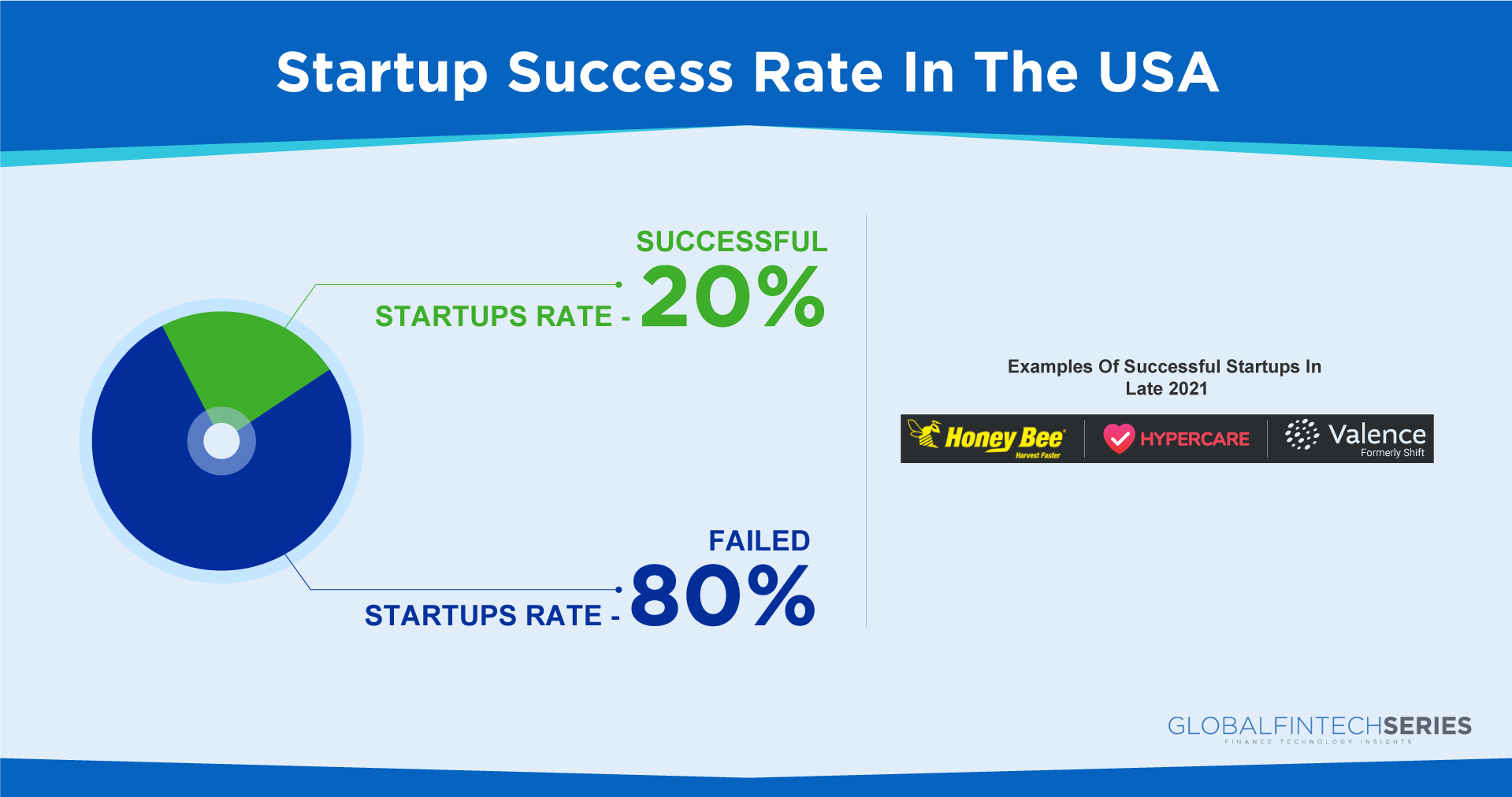Financial technology (also called Fintech) is often used to describe any new tech that contributed towards the improvement and automation of financial services. At its core, fintech is used to help organizations, entrepreneurs, and customers better deal with their financial services, processes, and lives by using particular software and algorithms. Fintech is a mix of “financial technology.”Examples are Robo-advisors, payments applications, peer-to-peer (P2P) lending, investment applications, and crypto applications. Since we have an idea about fintech, let’s now talk about fintech startups.
What Is A Fintech Startup?
A fintech startup is a company that generally depends on technological advancements to address the niche segment and turn them into its prospective client list. They typically try to transform any traditional method with the help of databases and algorithms and make life easier and safer. Although at the initial funding level they have struggled as we can see in the exhibit below the three stages of funding along with a few recent examples.
Read: Global Fintech Interview with Mark Fidelman, Chief Executive Officer at SmartBlocks
Startup Success Rate In the USA
New business statistics reveal that the new startups’ rate diminished in Q4 with over 1.1 million U.S. organizations, then raised again to 1.37 million in the principal quarter of 2021 and afterward to 1.44 million in the second quarter. The level of new companies that flop in their most memorable years in the USA is more than 80%. It implies the achievement rate is around 20%. Among the best instances of American new businesses in 2021 are: SHIFT is a digital coach for remote teams. It helps leaders to connect, evolve their culture, and build effective virtual teams.
-
The honeybee is a FinTech company, that takes care of the financial wellness of employees.
-
Hypeercare is real-time healthcare coordination for medical specialists.

Startup Success Rate in the UK
UK tech startups face growth and leap miles, with £17.8b of value venture raised between January and October 2021. The level of new companies that flop in their most memorable years in the UK is more than 70%. It implies the achievement rate is around 30%. Among the best instances of English new companies in 2021 is: FinTech startup SumUp provides a payment processing system for small businesses and offers business owners to accept secure card payments.
-
CMR Surgical is a Cambridge-based technology company that creates robotics for surgical purposes.
-
OVO Group provides other green energy companies with supplies of renewable electricity.
 Why Do Tech Startups Fail?
Why Do Tech Startups Fail?
So far we have discussed a lot about startups but the foremost overview unfolded yet is in the context that why tech startups fail rather we can say what are the primary reasons for their failure.
What Does Fintech Hold For The Future?
Despite of the ongoing financial vulnerability, bigger and long-haul patterns for the future of fintech remain moderately in one piece. Consolidation, partnerships, and continued collaborations between legacy banks and fintech appear to be far more appealing. And consumers are expecting to see the growth and emergence of such start-ups; examples include blockchain, cryptocurrency, artificial intelligence, and peer-to-peer transactions. Consumers, businesses, and a wide range of financial services firms are progressively into innovation.
Read: Global Fintech Interview with Jitin Bhasin, Founder & CEO at SaveIN
[To share your insights with us, please write to sghosh@martechseries.com]

 Why Do Tech Startups Fail?
Why Do Tech Startups Fail?